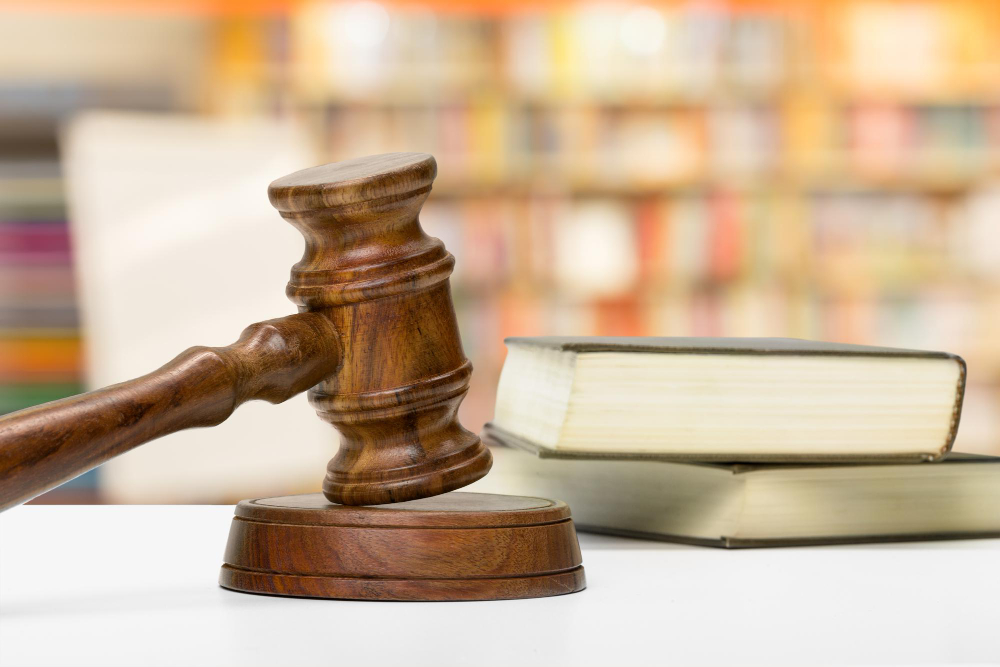When you want to hold another person liable for an accident in Philadelphia, you typically need to prove their negligence, meaning the at-fault party acted carelessly or intended to cause harm. But certain cases don’t require negligence. Instead, at-fault parties are liable through a concept known as strict liability.
So, what is strict liability law, and how does it apply to your Philadelphia, PA, injury case?
What Is Strict Liability Law?
Strict liability law purports that some actions are inherently dangerous and that the person responsible for those actions is automatically liable when harm or damage occurs. The responsible party would be “strictly liable,” meaning the plaintiff does not need to prove negligence, intent, or fault. Instead, the defendant assumes liability just because of their relation to the accident.
What is strict liability law for personal injury cases? Common examples of Pennsylvania personal injury cases that follow a strict liability law include:
- Dog bites or animal attacks
- Defective products or manufacturing defects that cause injury
- Abnormally dangerous activities, such as shooting fireworks near a residential area
The victims of these accidents don’t need to prove the responsible party acted carelessly or intended to cause harm. Instead, these parties are automatically liable.
Strict Liability vs. Negligence
Most Pennsylvania personal injury cases follow a negligence policy rather than a strict liability policy. For example, just because you slipped and fell on another person’s property does not automatically make the property owner liable. You need to prove they were negligent or exhibited carelessness, causing your injuries.
Negligence cases focus on the defendant’s behavior, while strict liability cases focus on the nature of the activity involved.
How Does Strict Liability Apply to Philadelphia, PA, Personal Injury Cases?
Personal injury cases that follow a strict liability policy require different types of evidence than negligence cases.
Just because strict liability applies to your case does not mean the defendant automatically owes you money. You still need to establish a causal connection between their actions and your injuries.
For instance,
- In a product liability case, you must prove your injury resulted from a product defect under consumer protection laws, not your misuse of the product.
- In a dog bite case, you must prove that the dog attacked you unprovoked and that you were not trespassing at the time of the attack.
- In an abnormally dangerous activity case, you must prove that the dangerous activity caused your injuries and that they were not pre-existing.
While strict liability civil and criminal cases are often more straightforward than negligence cases, you need an experienced attorney to help you present the necessary evidence in your case.
Consult a Skilled Personal Injury Attorney
Understanding “What is strict liability law, and how does it apply to my case?” is the first step in securing compensation after an accident where Philadelphia’s strict liability policy applies. The next step is contacting an experienced attorney.
Call the Law Offices of Eric A. Shore, today at 215-627-9999 to schedule your consultation.




